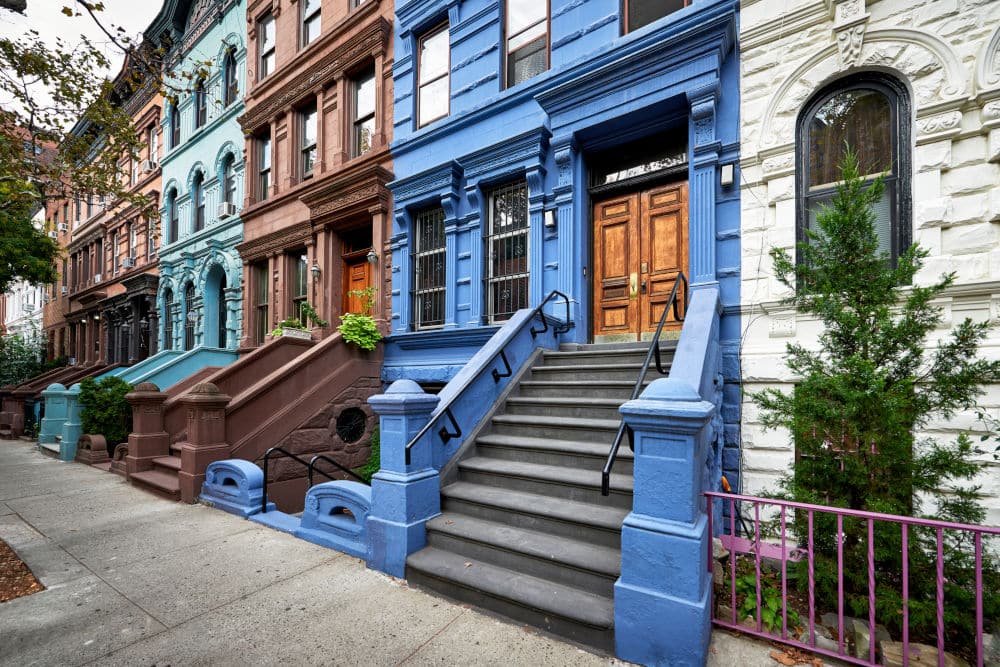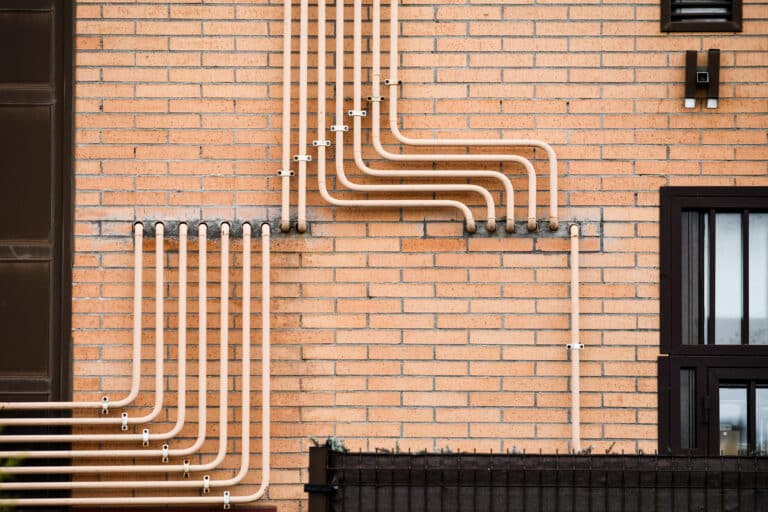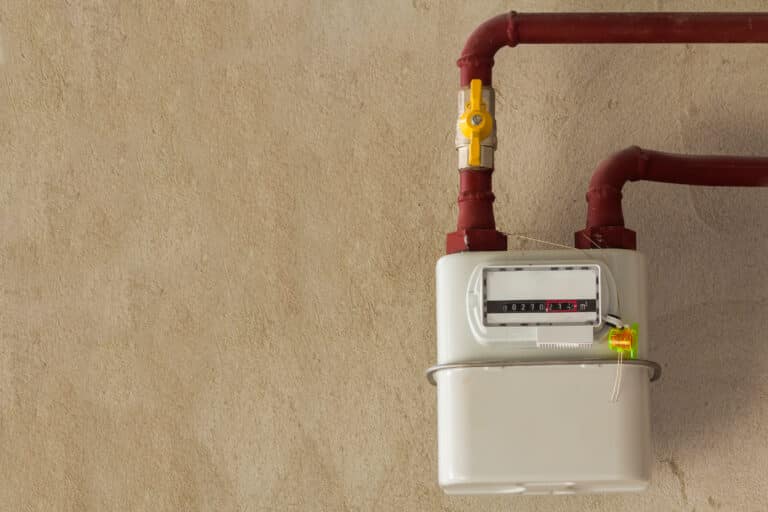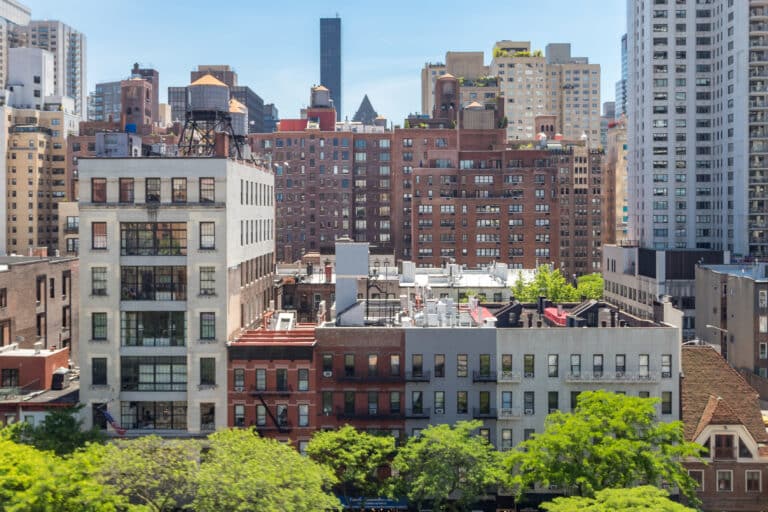Local Law 152 inspections, also known as gas piping system inspections, are an essential part of building maintenance in New York City. The Department of Buildings (DOB) adopted this measure in 2016 to ensure the safety of your building and its occupants, and the first four-year inspection cycle began in 2020. An efficient and accurate inspection requires preparation on the part of the building owner. This article will guide you through the steps you need to take to prepare your building for a Local Law 152 inspection.
Understand the Scope of the Inspection:
Before starting the preparation process, you need to understand the scope of the inspection. The LL152 inspection will cover all exposed gas piping in your building from the point of entry into the building up to individual tenant spaces. Tenant spaces are not included in the inspection, but other public spaces qualify. During the process, a certified inspector will look for gas leaks, evidence of illegal connections, non-code-compliant installations, corrosion, and any other unsafe conditions.
Be Aware of Your Place on the District Schedule:
The first step in preparing for an LL152 inspection is knowing your building’s place on the DOB schedule. It is estimated that Local Law 152 will affect more than 280,000 buildings in the NYC area. To organize the process, the DOB has enacted a four-year cycle based on community districts in all boroughs. For example, affected buildings in districts 11, 12, 14, 15, and 17 must have an inspection before December 31, 2023. If you own buildings in several districts, you must follow the DOB schedule and not try to schedule an inspection in an off year. To learn more about the schedule, check out this document from the NYC DOB.
Organize Access to All Required Areas:
The inspector must have access to all public spaces, hallways, corridors, and mechanical and boiler rooms for the visual inspection and leak survey. Make sure all necessary keys are available to ensure there are no access issues on the inspection day. If a gas appliance such as a boiler is in a tenant’s space, it is not included in the inspection since tenant spaces are not subject to the regulation.
Clear Clutter Around Gas Piping:
Ensure that all gas piping that needs to be inspected is easily accessible. Clear any clutter or obstructions around these areas. This step will not only speed up the process but will also ensure a more accurate inspection.
Ensure a Certified Inspector Is Available:
LL152 inspections must be carried out by an N.Y.C. Licensed Master Plumber or an inspector working under an LMP. In either case, the inspector must have Task 86/87 certification. The broad scope of the DOB gas piping regulation means that these professionals are in high demand. Waiting until it is too late to book your inspector can result in a $5,000 fine for being out of compliance.
Submit Your Report On Time:
Within 60 days of your inspection, you must submit your Gas Piping System Periodic Certification to the DOB regardless of the inspection results. This document must be signed and sealed by the N.Y.C. Licensed Master Plumber who conducted or supervised your inspection. If you must carry out repairs, you will need to submit a second certification indicating the resolution of all problems. For more information about the timeline and possible extensions, read this page from the DOB.
Make Arrangements for Repairs:
Your inspector will return your Gas Piping System Periodic Inspection Report within 30 days of the event. However, hazardous conditions require immediate attention, and the inspector will contact you, your utility provider, and the DOB. It is your obligation to correct the problem as soon as possible.
If the inspection report indicates issues to be addressed, it is your task to make the repairs and schedule a follow-up inspection. You have 120 days from the initial inspection to resubmit the certification demonstrating that any problems have been resolved. Keep in mind that all repairs must be conducted in compliance with New York City construction codes.
Your report may indicate signs of corrosion without resulting in a failed inspection. Pipes can have a small amount of rust without earning a violation, but atmospheric corrosion develops over time. You will want to know the location of any developing corrosion to avoid hazardous conditions or failing the inspection in the future.
Lower Your Stress by Planning Ahead:
Preparing your building for a Local Law 152 inspection can make the process smoother and more efficient. By following these steps, you can help ensure a successful inspection and protect the safety of your building and its occupants while avoiding penalties. Don’t forget that scheduling regular Local Law 152 inspections with a reputable company like HBNY Plumbing & Heating is vital to remain compliant with NYC DOB regulations. If you have any questions or need to schedule an inspection, don’t hesitate to get in touch with us today.





